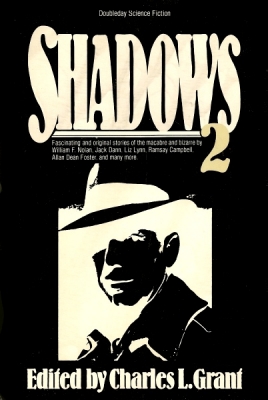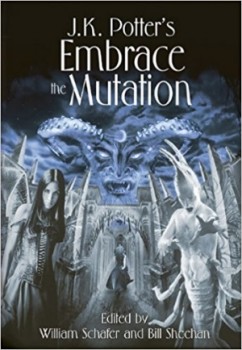The Golden Age of Science Fiction: “Mackintosh Willy,” by Ramsey Campbell

The World Fantasy Awards are presented during the World Fantasy Convention and are selected by a mix of nominations from members of the convention and a panel of judges. The awards were established in 1975 and presented at the 1st World Fantasy Convention in Providence, Rhode Island. Traditionally, the awards took the form of a bust of H.P. Lovecraft sculpted by Gahan Wilson, however in recent years the trophy became controversial in light of Lovecraft’s more problematic beliefs and has been replaced with a sculpture of a tree. The Short Fiction Award (sometimes called short story award) has been part of the award since its founding, when it was won by Robert Aickman for “Pages from a Young Girl’s Journal.” In 1980, the year Campbell received the award for the story “Mackintosh Willy,” the convention was held in Baltimore, Maryland. Campbell tied for the award with Elizabeth A. Lynn for the story “The Woman Who Loved the Moon.”
Ramsey Campbell’s story “Mackintosh Willy” was initially published in the Charles L. Grant anthology Shadows 2. It is the story of a young boy who is finding his way in the world and even the familiar can have a sinister feel to it. In this case, the homeless man who appears to live in one of the shelters in the park near where he lives causes caution in all the children in the area, although it is not clear that the man is doing anything to gain the reputation he has.
